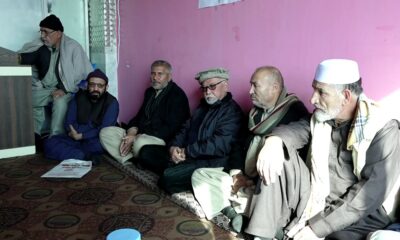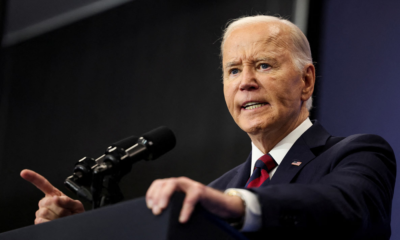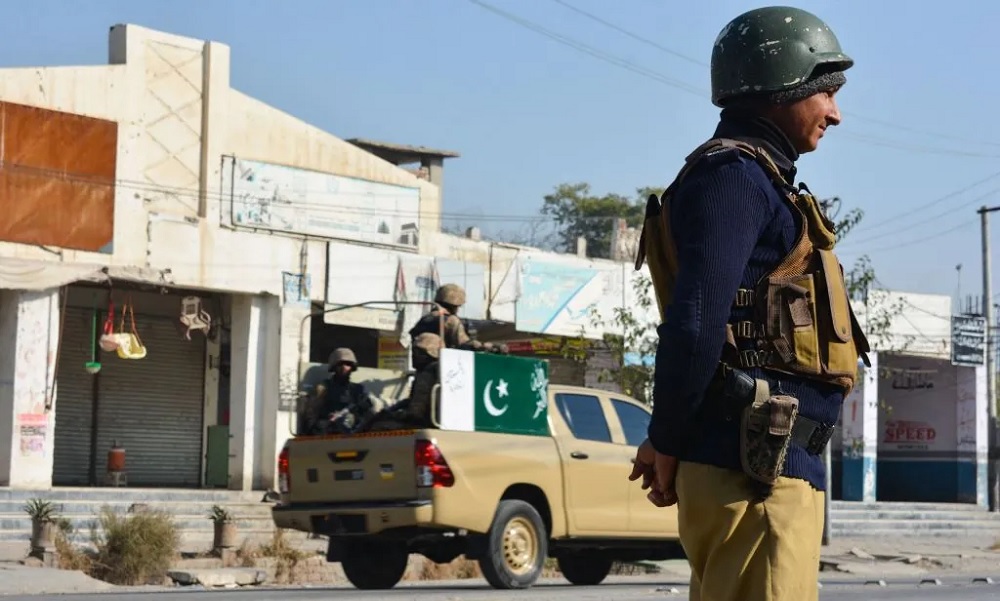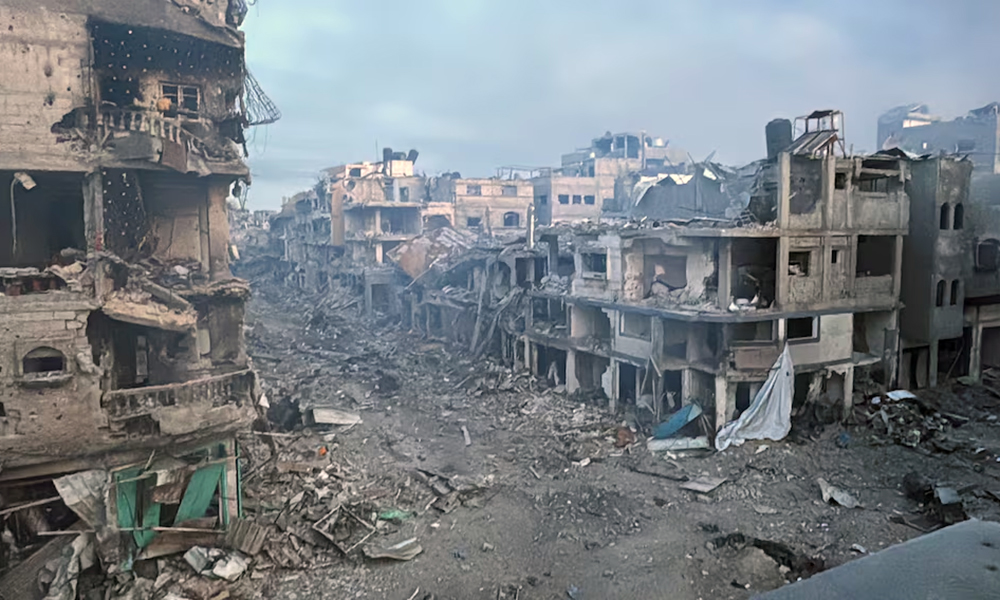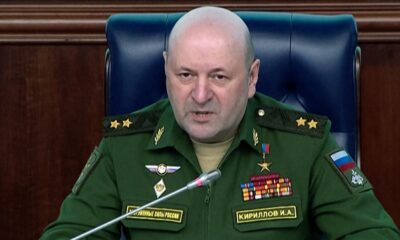A senior White House official on Thursday said nuclear-armed Pakistan is developing long-range ballistic missile capabilities that eventually could allow it to strike targets well beyond South Asia, making it an "emerging threat" to the United States.
Deputy National Security Adviser Jon Finer's surprise revelation underscored how far the once-close ties between Washington and Islamabad have deteriorated since the 2021 U.S. troop withdrawal from Afghanistan, Reuters reported.
It also raised questions about whether Pakistan has shifted the objectives of nuclear weapons and ballistic missile programs long intended to counter those of India, with which it has fought three major wars since 1947.
Speaking to the Carnegie Endowment for International Peace, Finer said Pakistan has pursued "increasingly sophisticated missile technology, from long-range ballistic missile systems to equipment, that would enable the testing of significantly larger rocket motors."
If those trends continue, Finer said, "Pakistan will have the capability to strike targets well beyond South Asia, including in the United States."
The number of nuclear-armed states with missiles that can reach the U.S. homeland "is very small and they tend to be adversarial," he continued, naming Russia, North Korea and China.
"So, candidly, it's hard for us to see Pakistan's actions as anything other than an emerging threat to the United States," Finer said.
His speech came a day after Washington announced a new round of sanctions related to Pakistan's ballistic missile development program, including for the first time against the state-run defense agency that oversees the program.
The Pakistani embassy did not immediately respond to a request for comment.
Islamabad casts its nuclear weapons and ballistic missile programs as deterrents against Indian aggression and intended to maintain regional stability.
Two senior administration officials, speaking on condition of anonymity, said that the U.S. concerns with Pakistan's missile program have been long-standing and stemmed from the sizes of the rocket engines being developed.
The threat posed to the United States is up to a decade away, said one official.
Finer's comments, the officials said, were intended to press Pakistani officials to address why they are developing more powerful rocket engines, something they have refused to do.
"They don't acknowledge our concerns. They tell us we are biased," said the second U.S. official, adding that Pakistani officials have wrongly implied that U.S. sanctions on their missile program are intended "to handicap their ability to defend against India."
Finer included himself among senior U.S. officials who he said repeatedly have raised concerns about the missile program with top Pakistani officials to no avail.
Washington and Islamabad, he noted, had been "long-time partners" on development, counter-terrorism and security.
"That makes us question even more why Pakistan will be motivated to develop a capability that could be used against us."
Pakistan has been critical of warm ties U.S. President Joe Biden has forged with its long-time foe India, and maintains close ties with China. Some Chinese entities have been slapped with U.S. sanctions for supplying Islamabad's ballistic missile program.
It conducted its first nuclear weapons test in 1998 - more than 20 years after India's first test blast - and has built an extensive arsenal of ballistic missiles capable of lofting nuclear warheads.
The Bulletin of the American Scientists research organization estimates that Pakistan has a stockpile of about 170 warheads.
U.S.-Pakistani relations have undergone major ups and downs, including close Cold War ties that saw them support Afghan rebels against the 1979-89 Soviet occupation of Afghanistan.
Pakistan also was a key partner in the U.S. fight against al Qaeda following the Sept. 11, 2001, attacks on the United States, and has been a major non-NATO ally since 2004.
But ties also have been hurt by coups staged by the Pakistani military, its support for the Islamic Emirate's 1996-2001 rule and its nuclear weapons program.
Several experts said Finer's speech came as a major surprise.
"For a senior U.S. official to publicly link concerns about proliferation in Pakistan to a future direct threat to the U.S. homeland - this is a mighty dramatic development," said Michael Kugelman of the Wilson Center think tank.











